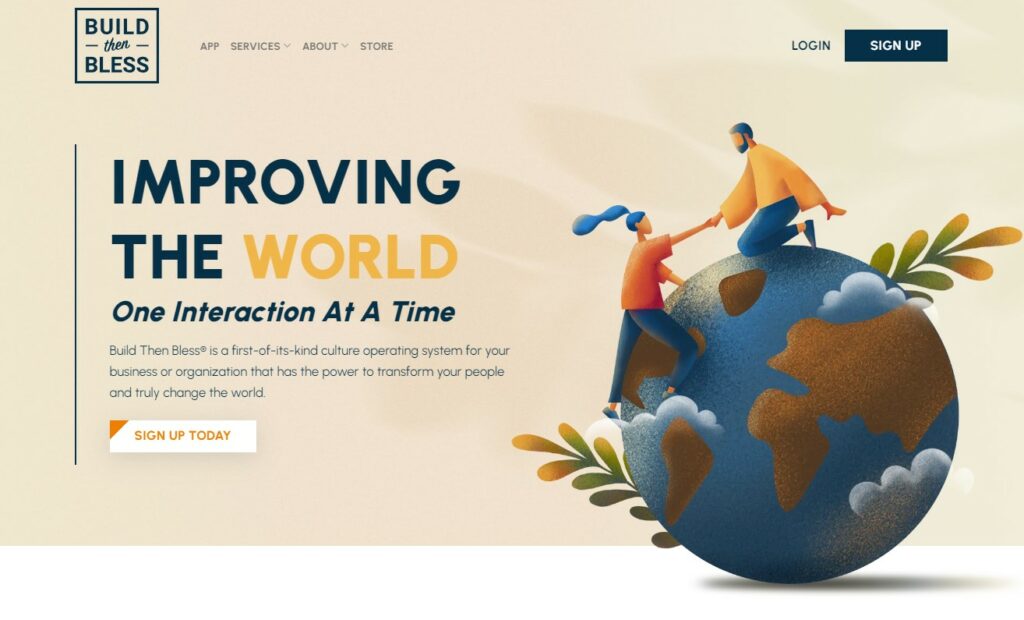How many times have you received an email that starts with the dreaded phrase, “I hope this email finds you well”? Probably more times than you care to remember.
You might respond with something snarky in your head: “No, Debra, your email finds me after hours and very stressed.” Plus, the person who sends this email is usually not genuinely expressing care for your well-being. It’s just a polite way of saying, “I need something from you, so please respond ASAP.”
Unfortunately, corporate lingo and jargon go way beyond one overused phrase. From “synergy” to “low-hanging fruit,” these buzzwords and catchphrases can immediately give the ick and make clients and co-workers feel like everything you do is performative. Let’s take a look at some of the worst offenders and why you should avoid them at all costs.
What Is “Corporate Lingo” and Why Is It Still Around?
Corporate lingo refers to language commonly used in a business or professional setting, often intending to sound intelligent or impressive. It includes buzzwords, cliches, and jargon that have become so overused and diluted that they’ve lost their original meaning. Even AI corporate content has taken a liking to this language without the human touch reeling it back in.
So why do people still use these phrases? What’s wrong with talking like a human in the office? Most of the time, it’s to fit in the corporate world. Imposter syndrome is real, and people often feel pressure to conform to the language and culture of their workplace. Unfortunately, using these phrases doesn’t make you sound smarter or more professional—it just makes you sound out-of-touch and unoriginal.
8 Common Corporate Lingo Phrases to Avoid
Ready to face your fear of corporate lingo head-on? Here are eight phrases to avoid in your emails, presentations, and everyday conversations:
1. Think Outside the Box
This phrase is supposed to encourage creativity and innovation, but it has become so cliched that it now means the exact opposite. Instead of actually thinking outside the box, people use it as a way to say “be creative” without offering any real guidance or ideas.
2. Bring to the Table
When someone asks you to “bring something to the table,” it usually means they want you to add value to a meeting or project. Unfortunately, using this phrase just feels like you’re trying too hard to sound important. Plus, it’s not very specific and can pressure the other person to come up with something impressive.
3. Synergy
This buzzword is meant to describe collaboration and cooperation, but it has become so overused that it now sounds like a fancy way of saying “working together.” Plus, it’s often used in a way that doesn’t actually make sense: “We need to have synergy with our marketing team.” What does that even mean?
4. Hit the Ground Running
This phrase is often used to describe starting something quickly or efficiently, but doesn’t it sound cheesy? As opposed to what? Hitting the ground crawling? Of course your team is going to tackle projects and agenda items quickly—that’s why you hired them!
5. Low-Hanging Fruit
This is often used to describe an easy or simple task, but it really sounds insulting to the task or project at hand—especially because of how the phrase is used in the dating world.
6. Ducks in a Row
Why are we comparing a to-do list or project plan to a group of ducks? This phrase has become so common in the workplace that it’s almost expected in any meeting or email. Animal metaphors are very overdone, so let’s leave the ducks in the pond.
7. Let’s Circle Back
This phrase is often used to postpone or delay a conversation or decision, but it can also come across as dismissive or uninterested. Or it can sound like you’re avoiding getting work done and hoping everyone will forget to revisit the conversation. Spoiler alert: they usually do. Instead, try being more direct and proactive: “Let’s set a check-in date to follow up on this project.”
8. On the Same Page
Being “on the same page” is usually used to confirm agreement or understanding, but this phrase has become worn out and robotic. There’s not much more to say about this one; it should just be banished from your vocabulary.
How Authenticity Builds Genuine Trust in a Corporate Setting
So, what should you say instead? The key is to be sincere, clear, and specific. Speak in your own voice and use industry terms that actually convey meaning. This will help you stand out from the sea of workplace jargon and build genuine trust and rapport with your colleagues.
At the end of the day, corporate lingo may seem like a necessary evil in the business world. But by avoiding these phrases and focusing on authentic communication, you can break through the facade and truly connect with the people around you. Next time you’re tempted to use one of these phrases, remember that being genuine and sincere is never a cliché.
Turn Your Content Marketing from Boring to Brilliant With Lemonade Stand
Workplace communication isn’t the only area that could use a little flavor. If you’re tired of bland, AI-generated content marketing, it’s time to shake things up with Lemonade Stand. Our team of creative experts can help you craft authentic, engaging, and interesting content that will showcase how unique your brand truly is.
Say goodbye to corporate jargon and hello to real, impactful messaging by reaching out to Lemonade Stand today!


